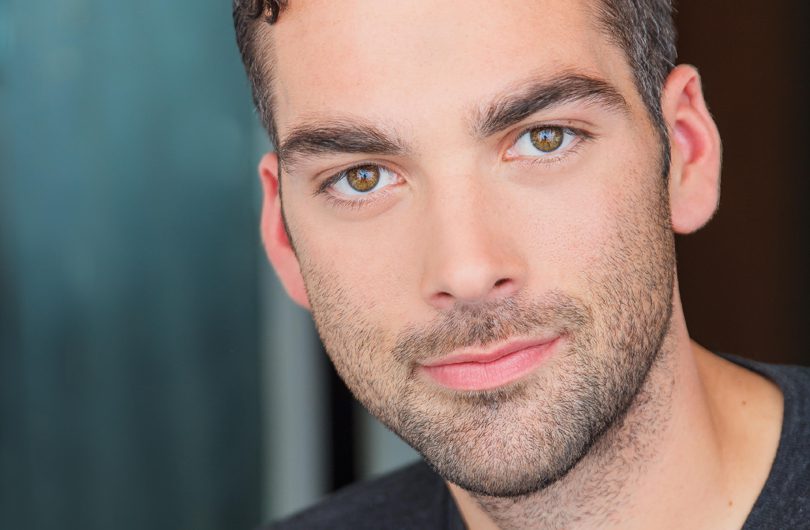Actor Joel Reitsma
By the Water
It was in my father’s blue Dodge work van, when I was around twelve years old, that I received my first memorable piece of mentorship. We were pulling out of the parking lot of the American Red Cross Blood Bank, where I helped my dad on a repair job—and by helped, I mean stood by with tools and handed them to him when asked. We spent a very frustrating six hours attempting to disassemble and repair a commercial grade refrigeration unit. It was out of frustration that we had to leave the job site once again to get another part from the local Grainger, when he peeled out into the street, turned to me in the passenger seat, and said:
“If you ever become an engineer, make sure you design whatever you make so that someone can work on it and fix it easily. Build it like you’d have to take it apart again someday.”
I planned all through high school to become an engineer and to apply to MSU for mechanical engineering, almost solely because what he said that day had made so much sense to me. Though when it actually came time to apply to college, I ultimately chose another trade. Acting. I’m not sure if that disappointed my father at all, but that’s not the point. The point is he still succeeded at inspiring me with a single sentence, and that stuck with me for years. In that sentence were a lot of his frustrations, but also ambitions for me that I never knew before.
When I received word that I was cast in By the Water, I had already heard that Francis [Guinan] was signed on for the project. That’s all I wanted to know. In fact, that was too much already. I didn’t know that Penny, Janet, and Patrick— these respected, seasoned, experienced, tried-and-true veteran actors—were going to be in the cast. I didn’t want to know that either. Certainly not out of apathy, but out of a desperate neurotic sense of self-protection from crippling fear, and caring so much that I’d somehow screw it all up in front of people I idolize. I decided early on that the only way I was going to make it through was by keeping a cool head and helping the only way I know how: to stand by with tools and hand them over when they asked. To watch them do what they do and (with astonishment) learn.
I could tell you that working with these actors is an incredible treat and that they are the nicest, most interesting, caring, funny, witty people I have had the pleasure to work with, all in the same room. It would be true, but it’s probably what you already know, and it wouldn’t really describe what I have been given as a result. I can sum a lot of it up with one moment.
In an attempt to not over-romanticize, one of the most notoriously difficult parts of an actor’s job is blocking a scene, in which no matter what, you end up feeling like a child learning to walk. For instance, one might think: “picking up garbage around a room and putting it into a bag. That’s easy enough to do on stage.” But try staging it to start on one side of the room on a particular line and then make sure to have it all cleaned up by another line on the other side of the room. Then add on playing out a tense conversation in the context of a relationship history between characters. The same, repeatable way. With remotely correct lines. Try to make it look normal, clear, visible, and understandable. Hide all of that complicated technique with a natural human presence. Suddenly, the task becomes a lot more difficult, technical, and contrived. But that’s a part of the job.
At one such point, early on in rehearsals for By The Water, we came up against this technically complicated staging. And when it came time to actually run the scene in its entirety, (a time when most unseasoned actors would shudder at the task,) one of our vet actors simply responded with:
“Well, when in doubt, just do what would a human would do.”
Granted, they aren’t the first to say those words. It’s really a running joke in the industry with its oversimplification of a hugely complicated task, that I’m sure many great actors have said them. But it was the first time those words had ever made so much sense and contained all the wisdom, irony, truth, wit, frustration, complexity, simplicity, and precise, sure aim of the job at hand.

